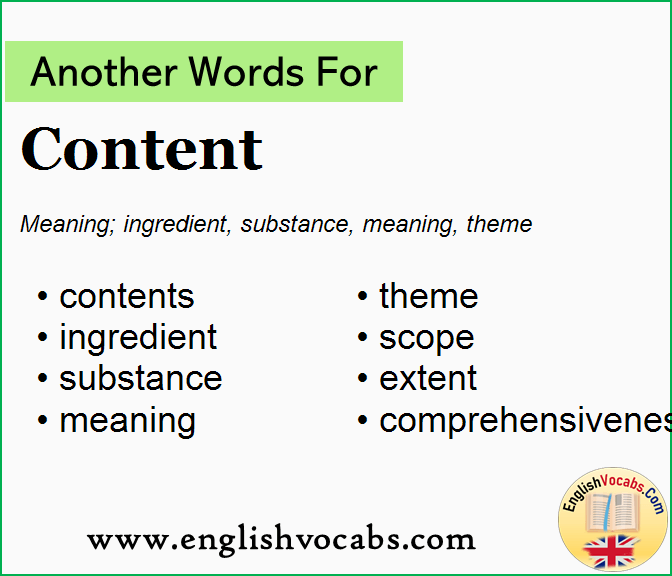Are you struggling to find the right word to describe a situation of extreme urgency or distress? Look no further than “dire.” In this comprehensive guide, we will delve into the world of “dire” and explore its various aspects, including its synonyms, history, and practical applications.
When faced with a dire situation, it can be difficult to articulate the severity of the circumstances. “Dire” serves as a powerful adjective to convey a sense of extreme urgency.
The term “dire” finds its origins in the Latin word “dirus,” meaning “dreadful.” Over time, it has come to encompass a wide range of negative connotations, including “desperate,” “urgent,” and even “disastrous.”

Source: www.firstchristianashland.org
Another Word For Dire: A Deeper Look
Another word for “dire” is “urgent.” Both terms convey a sense of immediacy and the need for swift action. However, “urgent” typically refers to situations that require attention within a shorter timeframe, while “dire” implies a more severe or long-term crisis.

Source: eslblock.com
Synonyms of Dire
In addition to “urgent,” several other words can serve as synonyms for “dire,” including “critical,” “grave,” and “perilous.” “Critical” suggests a situation that is crucial and requires immediate action, while “grave” implies a serious and potentially life-threatening situation. “Perilous,” on the other hand, highlights the danger associated with a particular circumstance.

Source: www.flickr.com
Historical and Mythological Origins of Dire
The concept of “dire” has played a significant role in mythology and literature throughout history. In Roman mythology, the goddess Dire was associated with vengeance and destruction. Similarly, in Greek mythology, the three Fates, known as the Moirai, were often depicted as bringers of dire consequences.

Source: englishvocabs.com
Unveiling the Hidden Secrets of Dire
Beyond its literal meaning, “dire” holds several hidden secrets. In numerology, the number associated with “dire” is 13, which is often considered a symbol of bad luck or misfortune. Additionally, the color black is often associated with “dire” situations, representing darkness and despair.

Source: englishvocabs.com
Recommendations for Using Dire
When using “dire” in writing or speech, it is important to consider the context and tone of the communication. Avoid overuse, as excessive use can diminish the impact of the word. Instead, reserve “dire” for situations that genuinely demand a sense of urgency and severity.

Source: www.yourinfomaster.com
Dire in Literature and Media
“Dire” has been used effectively in various works of literature, film, and television. In Shakespeare’s Hamlet, the famous line “To be or not to be, that is the question” is uttered during a moment of dire contemplation. Similarly, in the Harry Potter series, the phrase “Dire straits” is used to describe situations of extreme difficulty or danger.

Source: englishvocabs.com
Tips for Using Dire Effectively
To enhance your written or spoken communication, consider the following tips when using “dire”:
• Be specific: Avoid using “dire” in vague or general terms. Instead, provide specific details about the situation to convey the severity of the circumstances.
• Use strong verbs: Pair “dire” with powerful verbs that emphasize the urgency or danger of the situation.
• Consider the audience: Adapt your use of “dire” to the intended audience. Some situations may call for a more formal or subdued tone.

Source: englishvocabs.com
The Impact of Dire on Society
“Dire” has a significant impact on society. It can inspire a sense of urgency and motivate individuals to take action when faced with challenges. However, it can also evoke feelings of fear and anxiety, particularly when used in sensationalist or exaggerated contexts.

Source: englishvocabs.com
Fun Facts About Dire
Did you know?
• The word “direful” is an adjective that means “causing great distress or sorrow.”
• In astrology, the planet Saturn is sometimes referred to as the “dire planet” due to its association with challenges and adversity.
• The expression “straight dire” is a slang term used to describe something that is extremely bad or unpleasant.

Source: www.yourinfomaster.com
How to Use Dire in a Sentence
To effectively use “dire” in a sentence, consider the following examples:
• “The hurricane posed a dire threat to the coastal communities.”
• “The patient’s condition is dire, and time is of the essence.”
• “The financial crisis has left many families in dire straits.”

Source: www.yourinfomaster.com
What If Dire?
When faced with a dire situation, it is crucial to remain calm and assess the circumstances. Consider the following steps:
• Stay informed: Gather accurate information about the situation to make informed decisions.
• Seek support: Reach out to friends, family, or professionals for guidance and assistance.
• Take action: If appropriate, take proactive steps to mitigate the severity of the situation.

Source: englishvocabs.com
Listicle of Dire
Here is a listicle of “dire” situations:
• A natural disaster that causes widespread destruction
• A life-threatening illness or injury
• A financial crisis that threatens to cripple an economy

Source: www.yourinfomaster.com
Question and Answer about Dire
Q: What is a synonym for “dire”?
A: Urgent, critical, grave, perilous
Q: What is the origin of the word “dire”?
A: The Latin word “dirus,” meaning “dreadful”
Q: How can “dire” be used effectively in writing?
A: Use specific details, strong verbs, and consider the audience
Q: What is the impact of “dire” on society?
A: It can inspire action or evoke fear and anxiety
Conclusion of Another Word For Dire
“Dire” is a powerful word that conveys a sense of urgency, severity, and potential danger. By understanding its origins, synonyms, and effective usage, you can harness the impact of “dire” to communicate the gravity of situations and inspire action when necessary.